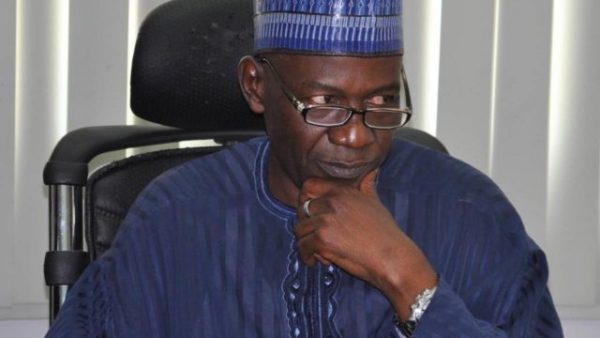ABCON wants end to all economic subsidies

The Association of Bureaux De Change Operators of Nigeria (ABCON) has called for an end to the continued fuel and foreign exchange subsidies to address structural defects in the economy.
The association, in its Quarter Economic Review report for the second quarter (Q2) of the year, said that these subsidies represent structural defects in the nation’s economy.
ABCON President, Alhaji Aminu Gwadabe, said: “The subsidies are misapplications, which have resulted into creation of economic rents in various dimensions, as well as maladjustments in sectoral business structures, creating hyper unemployment rates, which have triggered unmanageable social unrest like kidnappings, terrorism, banditry, arm robberies, and large scale cultism.
“We recommend that the government should consider the following: Policy of single exchange rate to completely remove foreign exchange economic rent and subsidy for a medium and long term adjustment of the economy from distortions occasioned by decades of subsidy.
“We must observe that we have an inefficient structural system to track the surreptitious flow of foreign exchange within the platforms notwithstanding, that the morals to control are lacking.
“This head of hydra of fuel subsidy issue should be addressed headlong by critically reorganizing the sub-sector including deregulation and decentralization of fuel importation to ensure competition which is necessary to guarantee fair price”.
Stressing the need to tackle the challenge of youth and graduate unemployment, ABCON chief recalled for an extension of the National Youth Service Corps (NYSC) period from one year to two years, with a provision to allow for discharge after one year, if employment is secured.
He, however, commended the federal government for signing the Africa Continental Free Trade Agreement (ACFTA) but called for measures to enhance the competitiveness of local industries to maximise the benefits of the agreement for the economy.
ABCON also welcomed the proposed consolidation of the banking sector with new minimum capital requirements, describing it as, “a necessity that will help in reducing the impact of non-performing loans on Capital Adequacy Ratio of banks and thus, enhances their capacity to lend to the economy.”
Gwadabe added that the Association will leverage its partnership with the Nigerian Diaspora Commission to harness the potential of the Diaspora remittance to enhance foreign exchange inflow and economic development.







